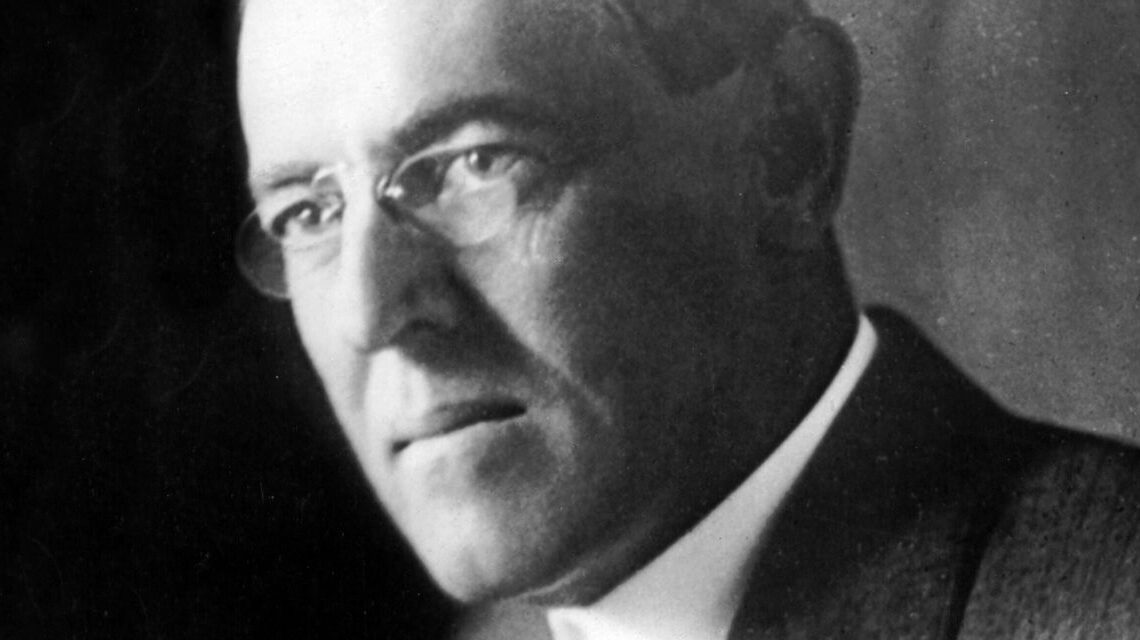Ninety nine years ago this month,
Woodrow Wilson,
crippled by strokes and humiliated by the Republican landslide of 1920, lay dying in Washington. His dream of a liberal, rules-based world order survived him, however, and the Western response to
attack on Ukraine demonstrates how powerful his legacy remains.
Liberal internationalists around the world believe that global institutions (like Wilson’s ill-fated League of Nations) can replace the anarchic, often deadly, power struggles between nations with a system of orderly management that brings the rule of law to a weary world. Institutions like the United Nations and the International Criminal Court, as well as agreements like the Paris climate accords, reflect efforts by diplomats and politicians in the U.S. and abroad to create the kind of world that Wilson sought.
For Wilson’s modern heirs, technocratic governance through rules-based international institutions represents humanity’s last, best hope to avoid cataclysmic disruptions ranging from world wars to climate change. From this perspective, Mr. Putin’s defiant international rule-breaking threatens the foundations of Wilsonian order. If a great power gets away with breaking the rules this egregiously, humanity falls back into a nuclear jungle.
Mr. Putin’s challenge to Wilsonian order is why so many liberals, especially in the U.S. and Europe, have become uber-interventionist on Ukraine. Many expected traditional national-security hawks would rally to oppose Mr. Putin’s assault on his neighbor. What was more surprising and, given the politics of the Democratic Party and the Biden administration, more consequential for American foreign policy, was the response of Wilsonian liberals to the war. Normally dovish columnists and members of Congress now cry “praise the Lord and pass the ammunition!” as they urge Western governments to step up shipments of advanced weaponry and supplies to Ukraine.
Within the Biden administration, the struggle is among three groups: liberal internationalists, who want America and the West to do what it takes to ensure that Russia loses the war; pragmatists who want to check Russia but fear Russian escalation and believe that the war will inevitably end in a compromise peace that falls short of Wilsonian hopes; and Asia-firsters who worry that U.S. support for Ukraine reduces…
Click Here to Read the Full Original Article at RSSOpinion…

